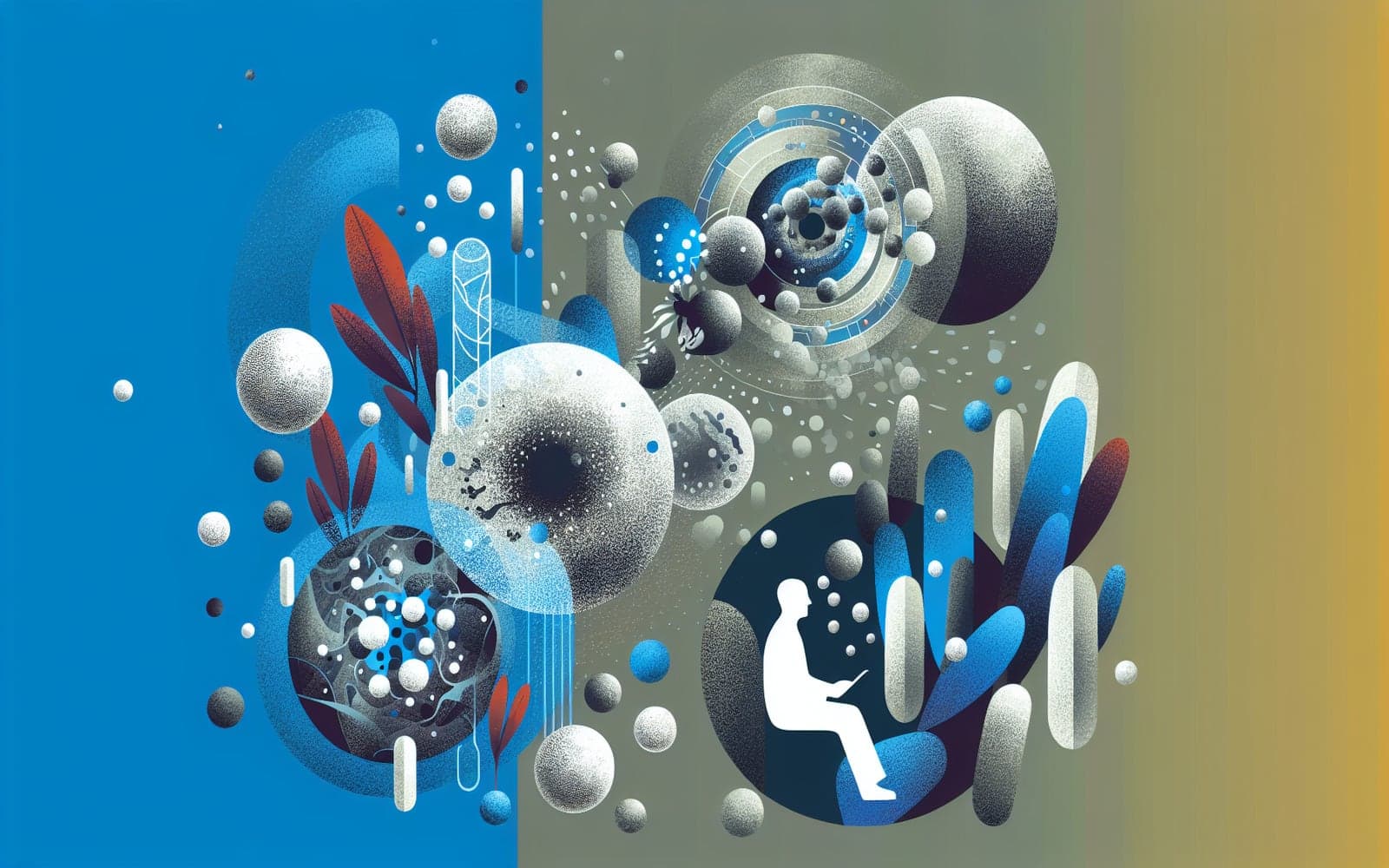Silent but Serious: Recognizing the Symptoms of Renal Artery Stenosis
Published: Mar 18, 2024

Medically reviewed by Benjamin Seth Martinez | MD, Statpearls - Director of Clinical Content on March 18th, 2024.
Renal artery stenosis often lurks silently in the body, but it can cause serious health problems if left unchecked. Recognizing its subtle signs could be key to early detection and treatment.
Contents
The Pressure's On: Hypertension
High blood pressure is often the first clue that something's amiss with your renal arteries. But this isn't just any hypertension - it's often resistant to treatment, meaning it stays high despite taking multiple medications. If your blood pressure suddenly becomes difficult to control, especially if you're under 30 or over 55, it could be a red flag for renal artery stenosis. Think of your blood pressure like a car's oil pressure gauge - when it's consistently high, it's time to look under the hood.
Kidney Troubles: More Than Just a Filtering Problem
Your kidneys are incredibly resilient, but renal artery stenosis can push them to their limits. Signs of kidney distress might include changes in urination patterns, swelling in your legs or feet, or unexplained fatigue. In some cases, blood tests might reveal elevated creatinine levels, indicating that your kidneys are struggling to filter waste effectively. It's like a clogged drain - when the pipes leading to your kidneys narrow, the whole system can back up.

Heart Matters: When Your Ticker Sends an SOS
Sometimes, your heart is the first to sound the alarm about renal artery stenosis. A condition called flash pulmonary edema can occur, where fluid rapidly builds up in your lungs, causing sudden, severe shortness of breath. This is like a plumbing emergency in your body - when your kidneys can't regulate fluid properly due to poor blood flow, your lungs can suddenly flood. Recurrent episodes of this frightening symptom, especially when combined with difficult-to-control blood pressure, strongly suggest renal artery stenosis.
Frequently Asked Questions
While uncommon, some patients report flank pain.
Headaches may occur due to associated high blood pressure.
Fluid retention might lead to some weight gain.
It can be, especially if blood pressure fluctuates significantly.
Key Takeaways
While renal artery stenosis can be sneaky, paying attention to these potential symptoms could lead to earlier diagnosis and better outcomes.
Experiencing any of these symptoms? Don't wait - consult with Doctronic, the AI doctor, to evaluate your risk and determine next steps.Related Articles
References
Textor SC, Lerman L. Renovascular hypertension and ischemic nephropathy. Am J Hypertens 2010; 23:1159.
Cooper CJ, Murphy TP, Cutlip DE, et al. Stenting and medical therapy for atherosclerotic renal-artery stenosis. N Engl J Med 2014; 370:13.
This article has been reviewed for accuracy by one of the licensed medical doctors working for Doctronic. Always discuss health information with your healthcare provider.

